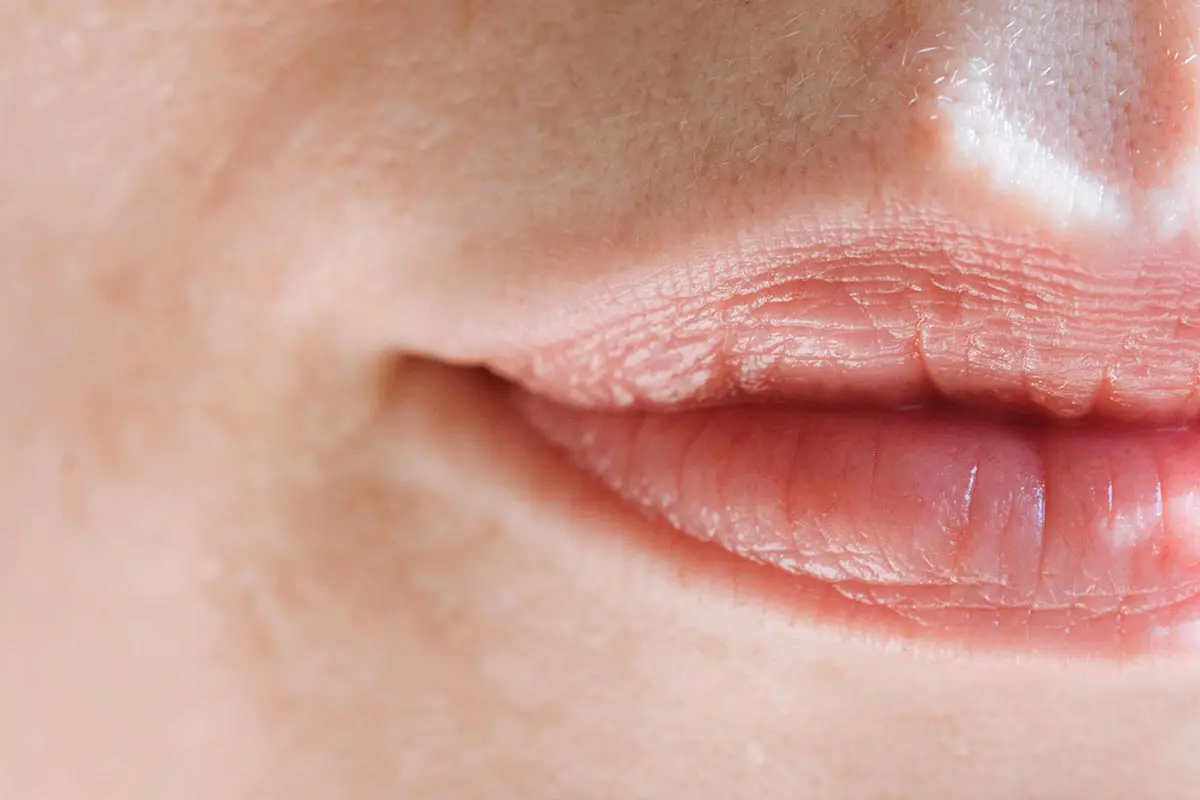 Every April, the world unites to shine a light on a silent killer: oral cancer. This year is no different, and as we approach April 2024, it's crucial to understand why raising awareness about this disease is so important.
Every April, the world unites to shine a light on a silent killer: oral cancer. This year is no different, and as we approach April 2024, it's crucial to understand why raising awareness about this disease is so important.
What is Oral Cancer?
Oral cancer refers to the development of abnormal cells within the mouth and throat. It can affect various areas, including the lips, tongue, cheeks, gums, and the floor of the mouth. While the majority of oral cancers are squamous cell carcinomas, other types can also occur.
Types of Oral Cancer
- Squamous cell carcinoma: This is the most common type, accounting for about 90% of cases. It affects the thin, flat cells lining the mouth and throat.
- Oropharyngeal cancer: This affects the tonsils and the base of the tongue. Human papillomavirus (HPV) infection is a major risk factor for this type.
- Melanoma: This type of skin cancer can also appear in the mouth.
- Other types: Less common types include salivary gland cancer, Kaposi's sarcoma, and lymphoma.
Signs and Symptoms of Oral Cancer
Early detection is crucial for successful treatment, so be aware of signs and symptoms, including mouth sores that don't heal within two weeks: this is the most common symptom. Take note of red or white patches on the gums, tongue, or other areas of the mouth, and watch for bleeding, numbness, or pain in the mouth. You might also notice lump in the mouth or neck, difficulty swallowing or speaking, or loose teeth.
The Importance of Early Detection
Early detection significantly increases the chances of successful treatment. When diagnosed early, the five-year survival rate for oral cancer can be as high as 80%. However, late-stage diagnosis significantly reduces this rate to around 30%.
Prevention and Reduction of Risk Factors:
While not always preventable, certain lifestyle choices can significantly reduce your risk of oral cancer:- Avoid tobacco use: Tobacco use, including smoking and chewing, is the single biggest risk factor for oral cancer.
- Limit alcohol consumption: Excessive alcohol consumption increases the risk of oral cancer, especially when combined with tobacco use.
- Maintain good oral hygiene: Brushing twice daily, flossing regularly, and visiting your dentist for regular checkups can help detect precancerous lesions early.
- Vaccinate against HPV: The HPV vaccine can protect against HPV-related oropharyngeal cancer.
- Limit sun exposure to your lips: Use lip balm with SPF to protect your lips from the sun's harmful UV rays.
Regular Dental Checkups are Key
Your dentist is trained to identify early signs of oral cancer during routine checkups. These checkups typically include a visual and physical examination of the mouth and throat. Early detection through regular checkups can make a life-saving difference.
Join the Fight Against Oral Cancer
This April, join the global effort to raise awareness about oral cancer. Share information with your loved ones, encourage them to visit their dentist for regular checkups, and support organizations dedicated to fighting this disease. Remember, early detection saves lives. Let's work together to check our mouths and prevent oral cancer. By spreading awareness and taking action, we can help make a difference in the fight against oral cancer.



